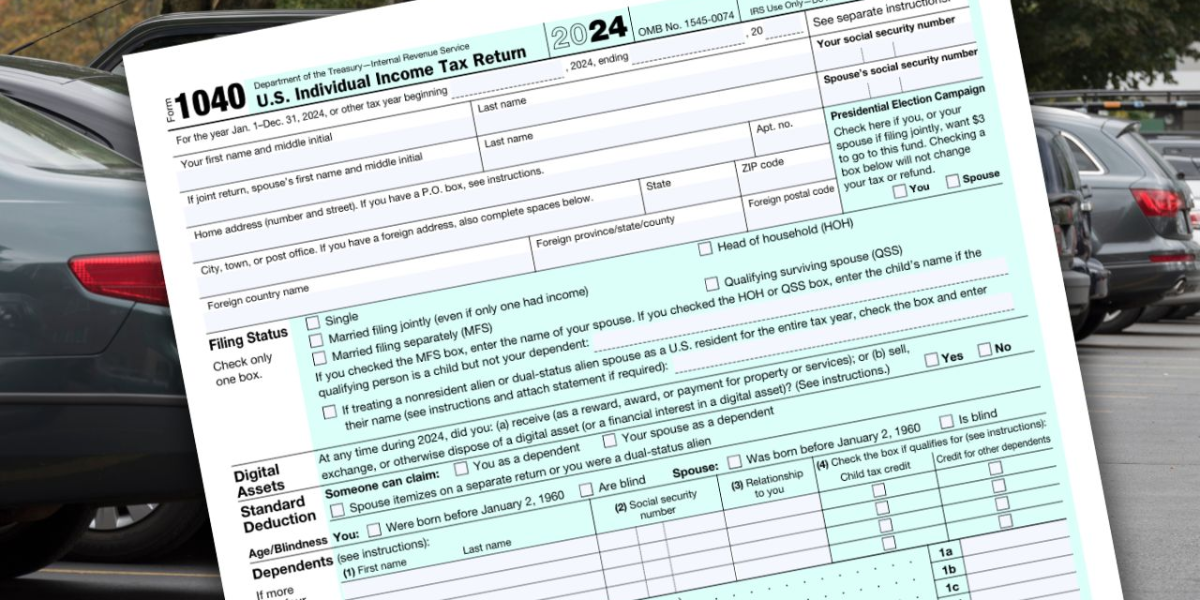People in the United States who want to sell their car might be wondering if they need to pay taxes to the IRS. Without a question, everyone wants to avoid tax problems when they make money, whether it’s from work or something else. Before you sell your car, check with the Internal Revenue Service to see what they say.
The truth is that you have to tell the IRS about any cash gains you made when you sold your car. You need to report capital gains when you sell your car, which should happen when this happens. When you sell your car for more than what you paid for it, you have made a capital gain. The gap between how much the car sold for and how much it cost to buy is called capital gains.
IRS tax obligations when you sell your car
When someone sells a car, they have a tax duty to tell the government about any capital gains they may have had. As a result, make sure you follow the IRS rules on this subject. How much you have to pay will depend on your taxable income, your tax bracket, and the date you got the car.
There are times when you can sell your car but not for enough to make you a cash gain. So, all you’re really doing is getting back some of the money you spent on the car.
If you’re not sure, you should always call the IRS. They can help you figure out if you need to pay taxes on the profit from selling your car.
Some people hire a tax professional to help them figure out how much their car cost when they got it and how much it sold for in the end. You can avoid interest fees and fines in these two ways.
IRS forms to report that you sold a car at a gain
You probably won’t be able to sell your car for more than what you paid for it, but it’s possible. Such as, tens of thousands or even more of cars may be lost after a natural disaster.
This could make more people want to buy cars, which could cause prices to go up. You will need to use Form 8949 and Schedule D (Form 1040) in this case.
- The IRS Form 8949 is used to report sales and other disposals of capital assets.
- To match up the amounts you report on your tax return with the amounts you were given by the IRS on Form 1099-B or 1099-S (or a substitute statement).
- Part D of IRS Form 1040 is for capital gains and losses.
- This form is used when another form or schedule doesn’t show the sale or exchange of a capital asset.


 by
by 

